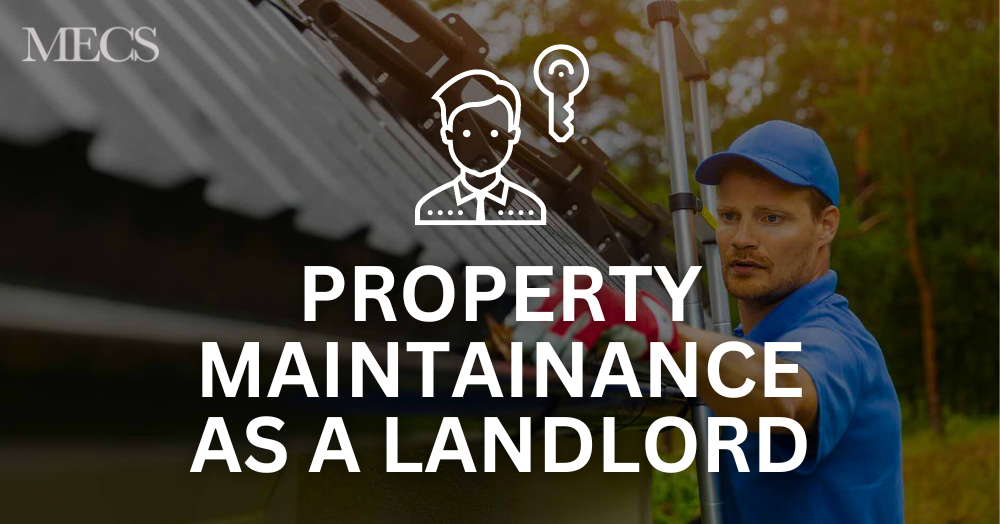As a landlord, you have specific responsibilities to ensure that your rental property remains in good condition.
Familiarise Yourself with Local Laws and Regulations:
Before embarking on the journey of property rental, it is crucial to familiarise yourself with the local laws and regulations governing landlord-tenant relationships. Each jurisdiction may have specific rules regarding maintenance and repairs, outlining the obligations of the landlord and the rights of the tenant. Understanding these laws will help you navigate potential issues and ensure compliance.
Conduct Regular Inspections:
Regular inspections of your rental property are vital to identify maintenance and repair needs promptly. By assessing the property at regular intervals, you can identify any issues before they escalate into more significant problems. Inspections also allow you to address any tenant concerns and ensure that they are following the terms of the lease agreement.
Respond Promptly to Maintenance Requests:
When tenants report maintenance issues or repairs, it is your responsibility as a landlord to address them promptly. Set up clear communication channels so that tenants can easily contact you with their concerns. Create a system for reporting maintenance requests and establish a reasonable timeframe for responding and resolving these issues.
Understand Urgent Repairs:
Certain repairs require immediate attention to maintain the habitability and safety of the rental property. Common examples of urgent repairs include broken plumbing, electrical issues, heating or cooling system malfunctions, or structural damage. Familiarise yourself with local laws to determine the timeline within which you must address these urgent repairs.
Hire Qualified Professionals:
While some repairs may be within your skillset, it is advisable to hire qualified professionals for more complex maintenance tasks. Skilled plumbers, electricians, carpenters, and HVAC technicians can ensure that the repairs are done correctly, minimising the chances of recurring problems. Remember to retain invoices and receipts for all repair work done on the property for documentation purposes.
Budget for Maintenance Expenses:
Maintaining a rental property can be financially demanding. It is crucial to budget for regular maintenance and repairs to avoid financial strain in the long run. Setting aside a portion of the rental income for maintenance expenses allows you to cover unexpected repairs and perform routine upkeep. Proper budgeting also demonstrates your commitment to providing a well-maintained property for your tenants.
Document All Communication and Repairs:
Maintain a comprehensive record of all communication with tenants regarding maintenance requests, repairs, and inspections. Document the date, nature of the issue, actions taken, and any costs incurred. This documentation can serve as evidence of your responsiveness and adherence to your landlord responsibilities, protecting you in case of disputes or legal issues.
Communicate with Tenants:
Maintaining open lines of communication with your tenants is essential for a healthy landlord-tenant relationship. Regularly update your tenants on any repairs or maintenance work being done on the property. Inform them about the expected timeline and any disruptions that may arise. Effective communication fosters trust and transparency, making it more likely that tenants will report issues promptly.
Conclusion:
As a responsible landlord, handling maintenance and repairs in rental properties is a crucial part of your role. By understanding your legal obligations, responding promptly to maintenance requests, and maintaining clear communication with tenants, you can provide a safe and comfortable living environment.

